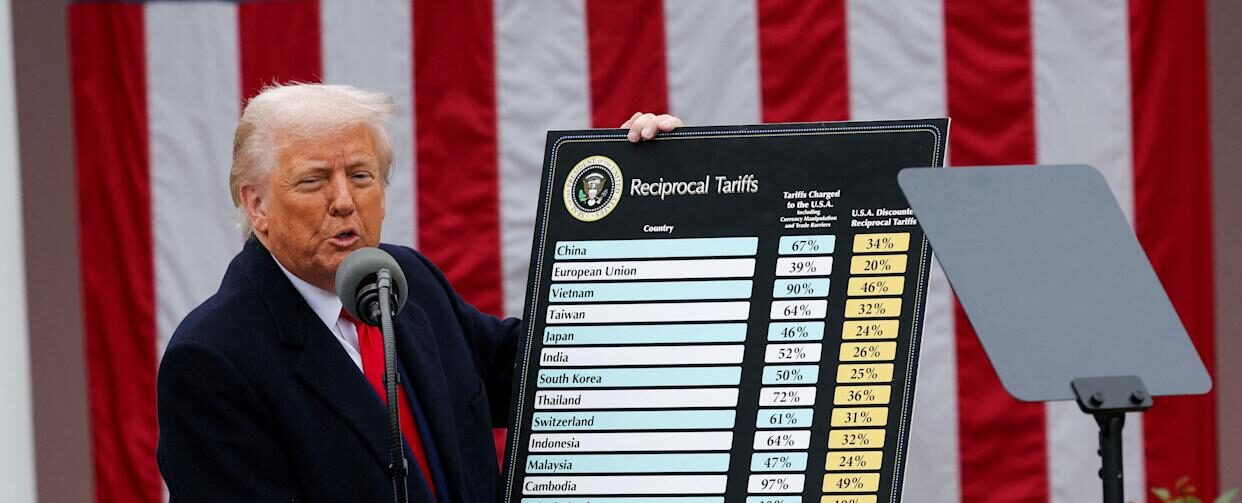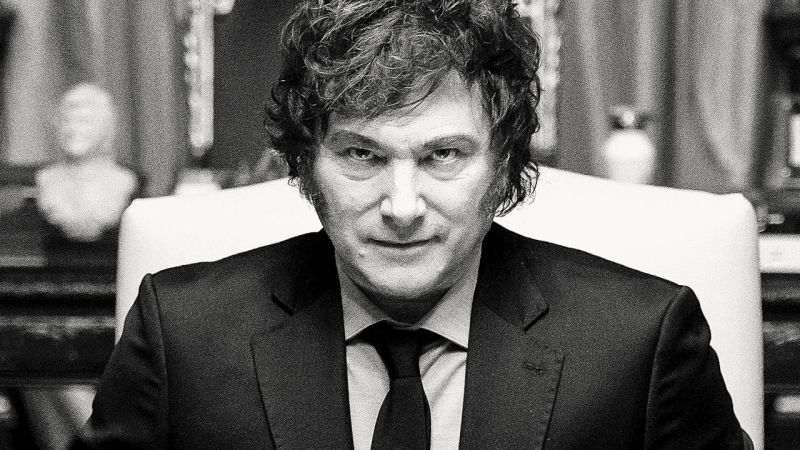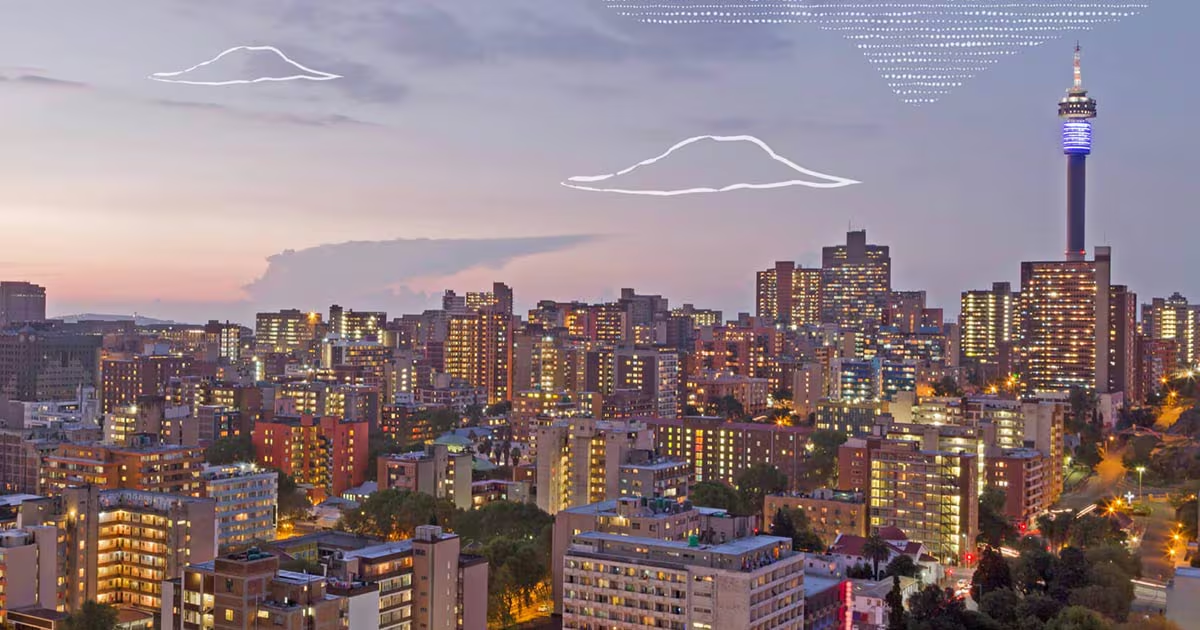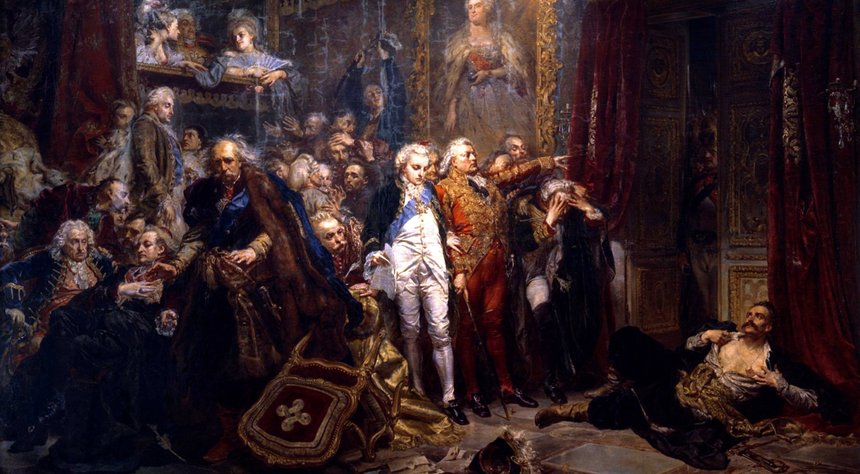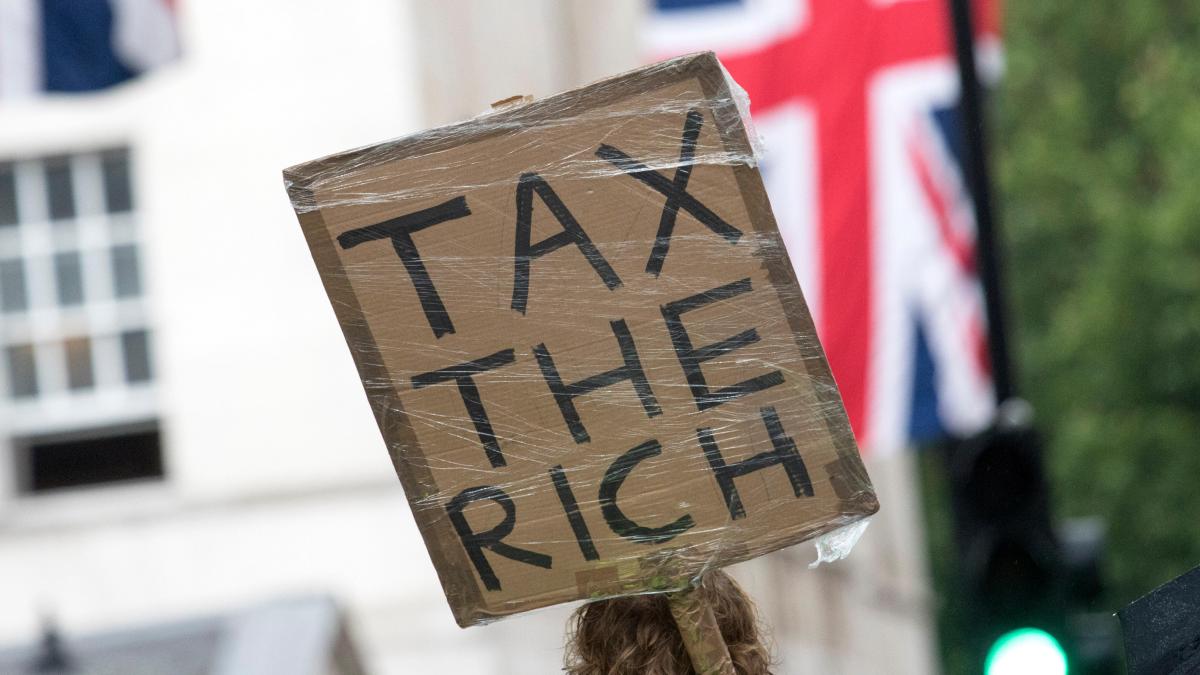The great paradox of international politics is that economic integration facilitates and even encourages political disintegration: the larger markets are, the smaller political units within them can be, because they may benefit from the division of labour and international free trade.
This paradox explains the proliferation of small states in modern times. While 51 states founded the United Nations in 1945, in 2019 there were 196 sovereign countries in the world, in addition to several territories with special status. So, globalisation is more than compatible with localisation.
Access to international markets enables small nations to establish their own states and therefore to preserve and develop their own cultural heritage, including language and literature. Indeed, there is some truth in the famous quip that a language is a dialect with an army and navy.
History shows that without a state, many small nations find it hard to survive. The Ingrians have largely disappeared from their ancient home on the southern shore of the Gulf of Finland. The Kurds in the Zagros and Taurus mountain ranges struggle to survive.
In 1956, the European Union was established in the plausible belief that economic integration would make wars in western Europe less likely – you are less inclined to shoot at your neighbour if you see a potential customer in him.
But at some point, or perhaps gradually and unintentionally, the EU took a different turn. Its leaders were not satisfied with economic integration, a competitive internal market, with the free flow of ideas, goods, labour and capital across European borders.
They began aiming at something quite different: political integration, the construction of a European superpower, with its own army, central bank, parliament and executive authority. This directly threatened the useful but delicate balance between a large common market and many different nation states within it.
Moreover, EU leaders, not necessarily explicitly or even consciously, reserved vast areas of economic integration, with its immense benefits, from the outside world. Something like a fortress Europe came into being, where the voice of producers was heard as a roar, and that of consumers as a whisper.
There is little doubt that the combination of these two tendencies inside the EU, greater political integration – with a corresponding loss of national sovereignty – and an economic integration restricted to Europe alone contributed to Britain’s decision to leave the EU.
Instead, the natural place of the United Kingdom should be with the three richest countries in Europe, all on its margin in one sense or another: Switzerland, Norway and Iceland. The UK also has strong historical ties to several English-speaking settlements around the world, most importantly the United States, Canada, Australia and New Zealand.
Brazil, with her 210 million inhabitants and the eighth largest economy in the world, is also a country which should be regarded with interest by the British prime minister, Boris Johnson, once the UK has left the EU and is able to work for free trade on its own terms.
It is often forgotten that Brazil became a sovereign state more or less under the protection of the Royal Navy. When Napoleon invaded Portugal in 1808, the Portuguese royal family retreated to Brazil, escorted by the Royal Navy. Seven years later, Brazil became a part of a united kingdom with Portugal and Algarve, and in 1821 the Portuguese crown prince, Pedro of Bragança, led the secession of Brazil from Portugal and was proclaimed emperor, with the support of Great Britain.
The two Brazilian emperors, Pedro I and Pedro II, were relatively liberal, in the Anglo-Saxon political tradition. Their country was enormous in size, but not very populous and quite poor, even if she had ample natural resources, producing gold and diamonds, coffee, sugar and rubber.
But the Brazilian elites, including the military leaders, in the 19th century were under the influence of French constructivism, not least the positivism of Auguste Comte, and in 1889 the emperor was deposed by the military, a year after slavery, on his initiative, had been abolished.
With the abolition of the monarchy, important stabilising and liberalising factors were removed, and a federal republic was founded, to be characterised by political instability.
In the 20th century, the Brazilian economy became diversified, no longer being based on the export of primary products. Agriculture and industry developed, not least large-scale agro-industry.
But the ruling elites, oligarchs and generals alike, did not favour free trade, and economic growth, while rapid at times, was irregular and on the whole much slower than in the United States or United Kingdom, as can be seen from Figure 1.
Under President Fernando Henrique Cardoso, from 1995 to 2002, some liberal reforms, mainly monetary stabilisation and some privatisations, were implemented with good results, but the Brazilian economy, despite its many advantages, remains overprotected and overregulated.
It scores, for example, low in the 2018 Global Competitiveness Report, being the 71st out of 140 economies measured. The complicated legal structure under with businesses operate and a large and inefficient bureaucracy combine to make life difficult for potential entrepreneurs, and of course also for the rest of the population.
Moreover, Brazil maintains towering barriers to trade. In 2017 Brazil‘s average applied tariff rate (weighted) was at 8.59 per cent, compared to the world average of 2.59 per cent in 2017. As a member of the Mercosur customs union, Brazil applies a common tariff in all but 100 tariff lines, on which it applies even higher tariffs on goods such as wind turbines, computers and telecommunications equipment. As for non-tariff barriers: in telecoms, for example, the so-called SeAC law excludes competition by demanding high levels of local content, and arbitrarily prohibits telecommunication providers from “cross controlling” programming and production.
Another example of perhaps more interest to the UK: Brazil is not party to the Government Procurement Act. Local companies are afforded preference in procurement contracts, only inviting foreign competition once it has been established that domestic expertise is not available. The list goes on, and the point is clear: Brazil has seen foreign trade as a threat, rather than an opportunity.
There has been controversy, however, with respect to Brazil’s recent attempts to open up its market by way of the Mercosur-EU trade agreement. A number of countries rightly expressed concern about the Amazon fires in August 2019, but certain EU countries have gone a step further by threatening to block the Mercosur agreement. The extent to which this threat truly stems from legitimate environmental concerns, however, as opposed to agricultural protectionism, is worth consideration.
The three witches hovering over the Brazilians are poverty, corruption and violence. Corruption reached its highest level ever during the reign of the Brazilian Workers’ party in 2003–2016.
It was largely in disgust over the situation that voters turned to a man who had long been a political outsider, Jair Bolsonero. Having served as President since the beginning of 2019, he has called upon two distinguished Brazilians to assist him in driving out the three witches, judge Sergio Moro who had led the campaign against corruption and who now continues to do so from the Ministry of Justice, and economist Paulo Guedes who, as minister of economy, has embarked on an ambitious programme of economic reforms. Guedes read Economics at the University of Chicago under Milton Friedman, so economic liberals expect much of him.
But it remains to be seen how successful Bolsonaro’s two trusted ministers, Moro and Guedes, will be against the law of inertia, stronger in Brazil than most other countries.
The most urgent reforms of the Brazilian economy should be to liberalise foreign trade, make the pension funds sustainable, and facilitate entrepreneurship by simplifying the legal structure under which businesses operate.
Apart from economic reforms, public security is a priority, with stricter enforcement of the law, more police on the streets, and longer prison sentences for violent crimes. It has to be said, however, that Brazil’s diversity, which is an important feature of their society, works much better than in other countries. Different races mix freely and get along reasonably well.
Brazil is, for many reasons, a promising trade partner for the United Kingdom as well as for other European countries. Her top ten exports are oil seeds; mineral fuels, including oil; ores, slag, and ash; machinery, including computers; meat; vehicles; iron and steel; and wood pulp.
There is also a large, and growing, market in Brazil for foreign goods. There used to be an old joke that Brazil was the country of the future, and that she would remain so. In some sectors of the economy, the future has indeed arrived, and if Guedes’s commitment to an open market and free trade can be realised, with President Bolsonaro’s firm support, we shall, I am sure, see Brazil excel.



